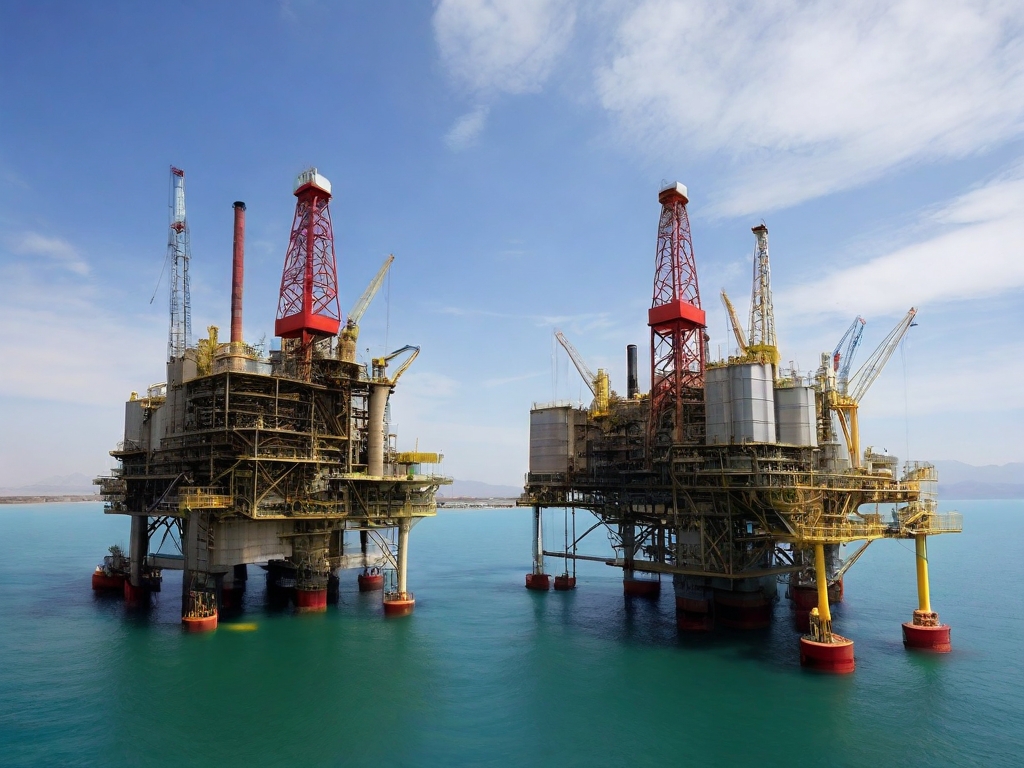We continue to grapple with the challenges of environmental degradation, and we cannot overstate the role of intrinsically safe practices in promoting environmental safety. At the Intrinsically Safe Store, we commit to providing products and solutions that adhere to these practices, ensuring both human and environmental safety. We invite you to explore our website and discover how our products can contribute to a safer and more sustainable world.
What are Intrinsically Safe Procedures?
Intrinsically safe practices refer to the design and use of equipment and products in a way that minimizes the risk of igniting flammable or explosive atmospheres. This is achieved by limiting the energy, electrical and thermal, available for ignition. In industries such as oil and gas, mining, and chemical processing where explosive atmospheres are common, these practices are not just important, they are a matter of life and death.

Environmental Safety and Intrinsically Safe Practices
While the primary goal of intrinsically safe procedures is to prevent accidents that could harm people and property, they also have significant implications for environmental safety. Here’s how:
- Prevention of Accidents: By preventing explosions and fires, intrinsically safe practices also prevent the release of harmful pollutants into the environment. For example, a fire in a chemical plant could release toxic fumes into the air, while an explosion in an oil rig could lead to a massive oil spill.
- Resource Conservation: Designers create intrinsically safe equipment to be energy efficient, which not only reduces operating costs but also minimizes the use of natural resources and the emission of greenhouse gases.
- Waste Reduction: Intrinsically safe procedures also involve the proper disposal of hazardous materials, which helps to protect the environment from contamination.
Case Study: The Deepwater Horizon Oil Spill
One of the most infamous examples of the consequences of not adhering to intrinsically safe procedures is the Deepwater Horizon oil spill in 2010. The explosion and subsequent sinking of the oil rig resulted in the largest marine oil spill in history, causing extensive damage to marine and coastal ecosystems and killing thousands of animals. Had intrinsically safe practices been properly implemented, this environmental disaster could have been prevented.
The Importance of Intrinsically Safe Practices for Environmental Safety
In conclusion, intrinsically safe procedures play a crucial role in promoting environmental safety. By preventing accidents, conserving resources, and reducing waste, these practices help to protect our planet and ensure a sustainable future. At the Intrinsically Safe Store, we are proud to be part of this effort. We encourage you to contact us to learn more about our products and how they can contribute to your environmental safety goals.


























